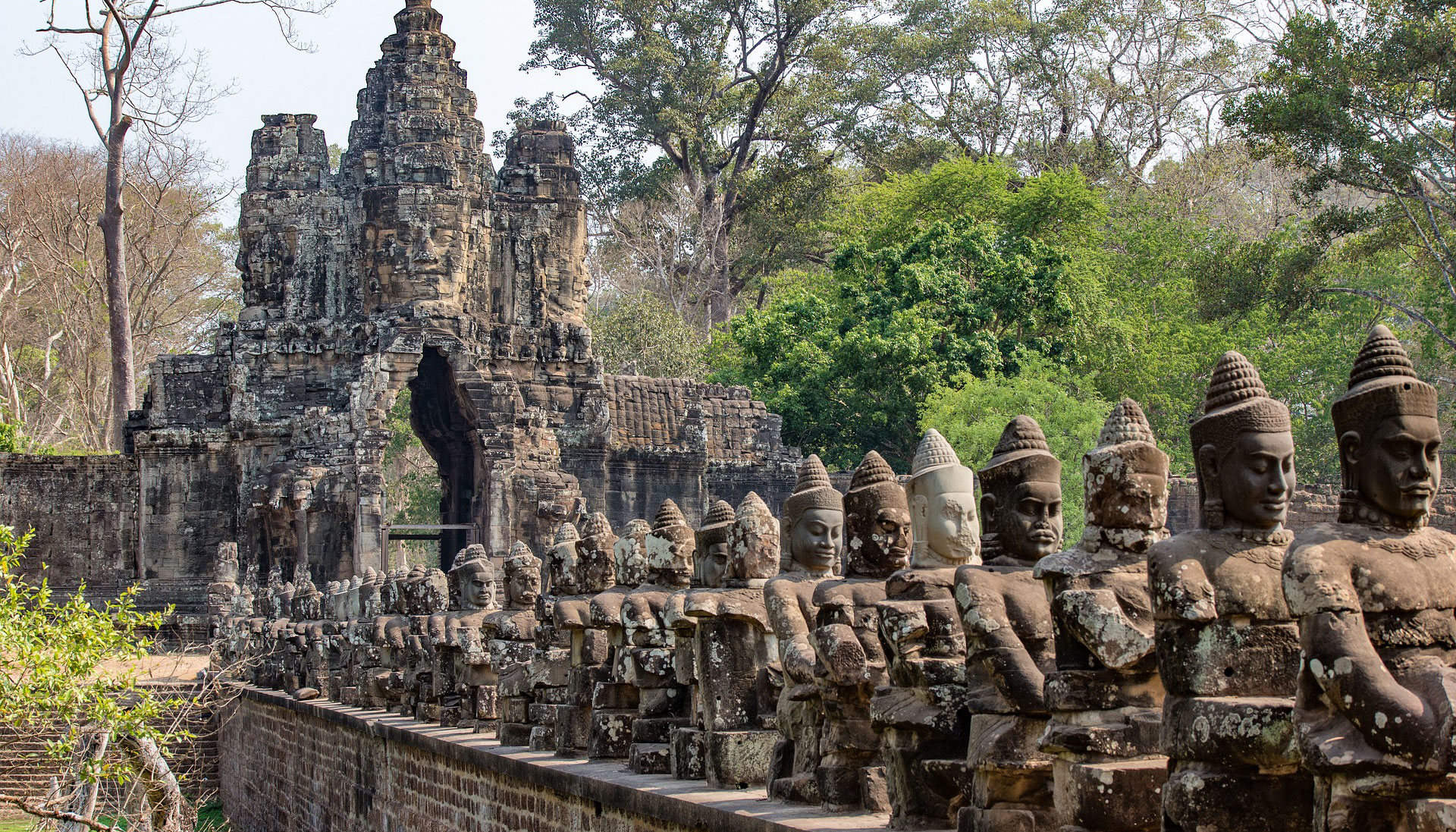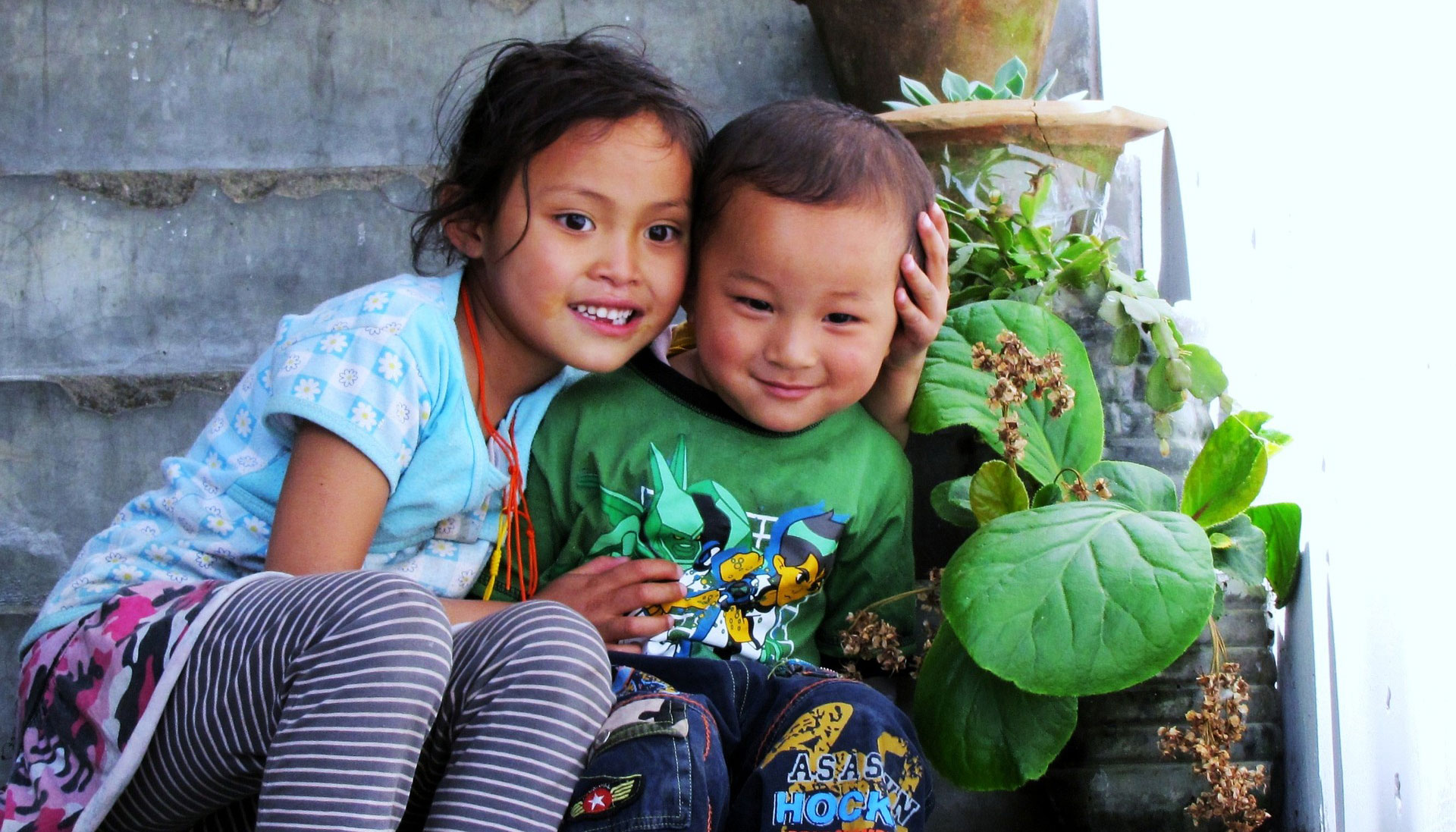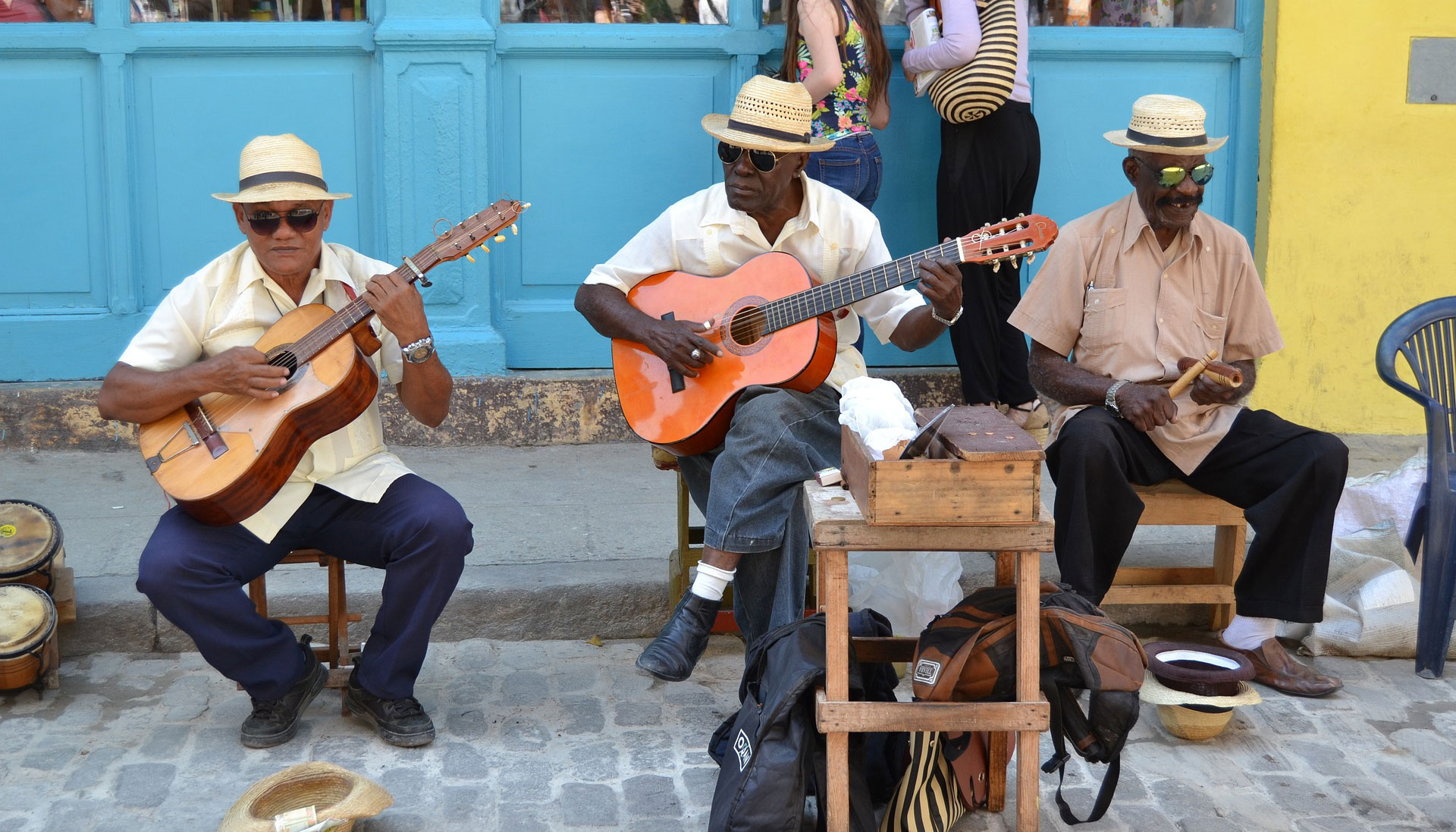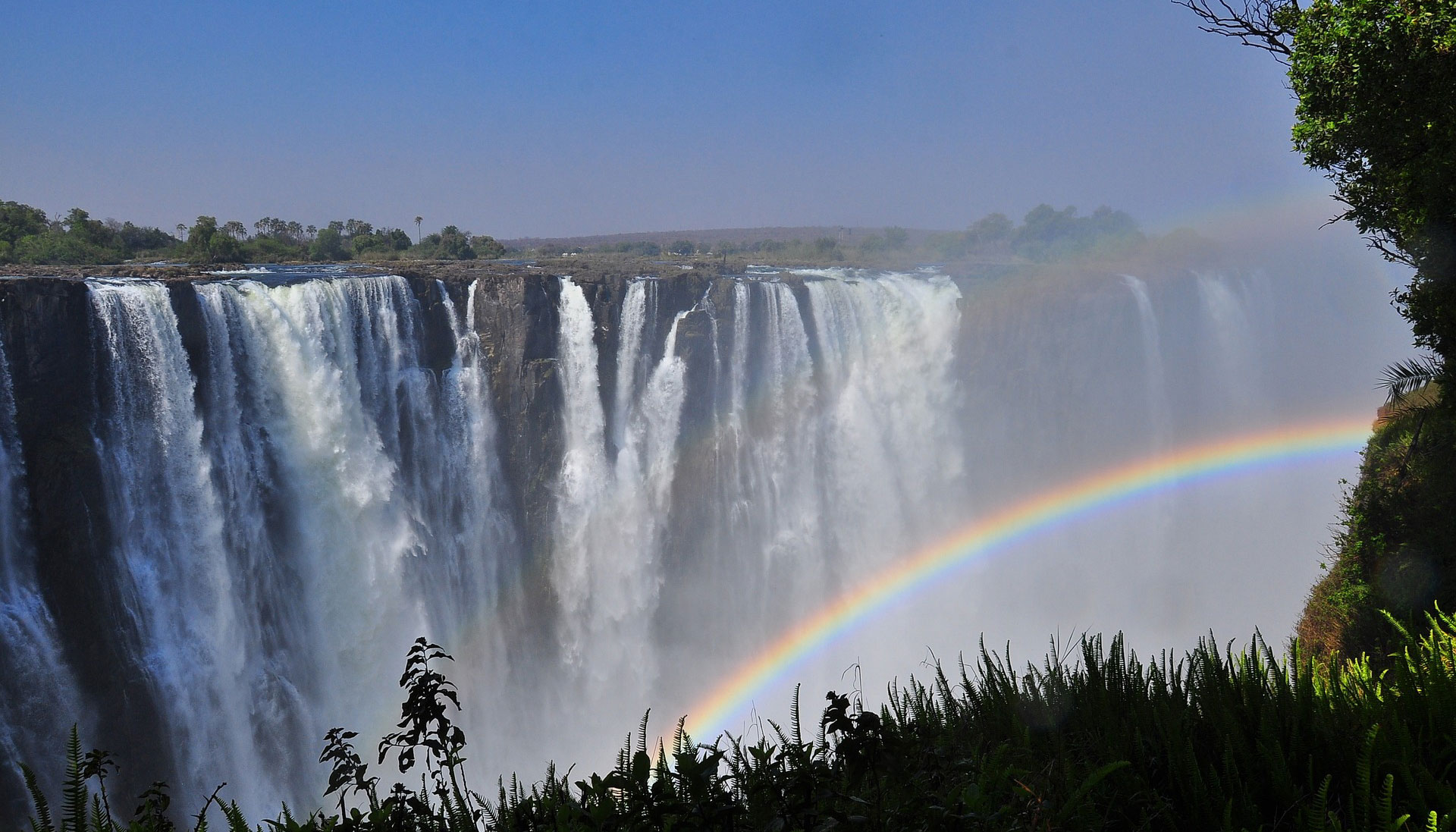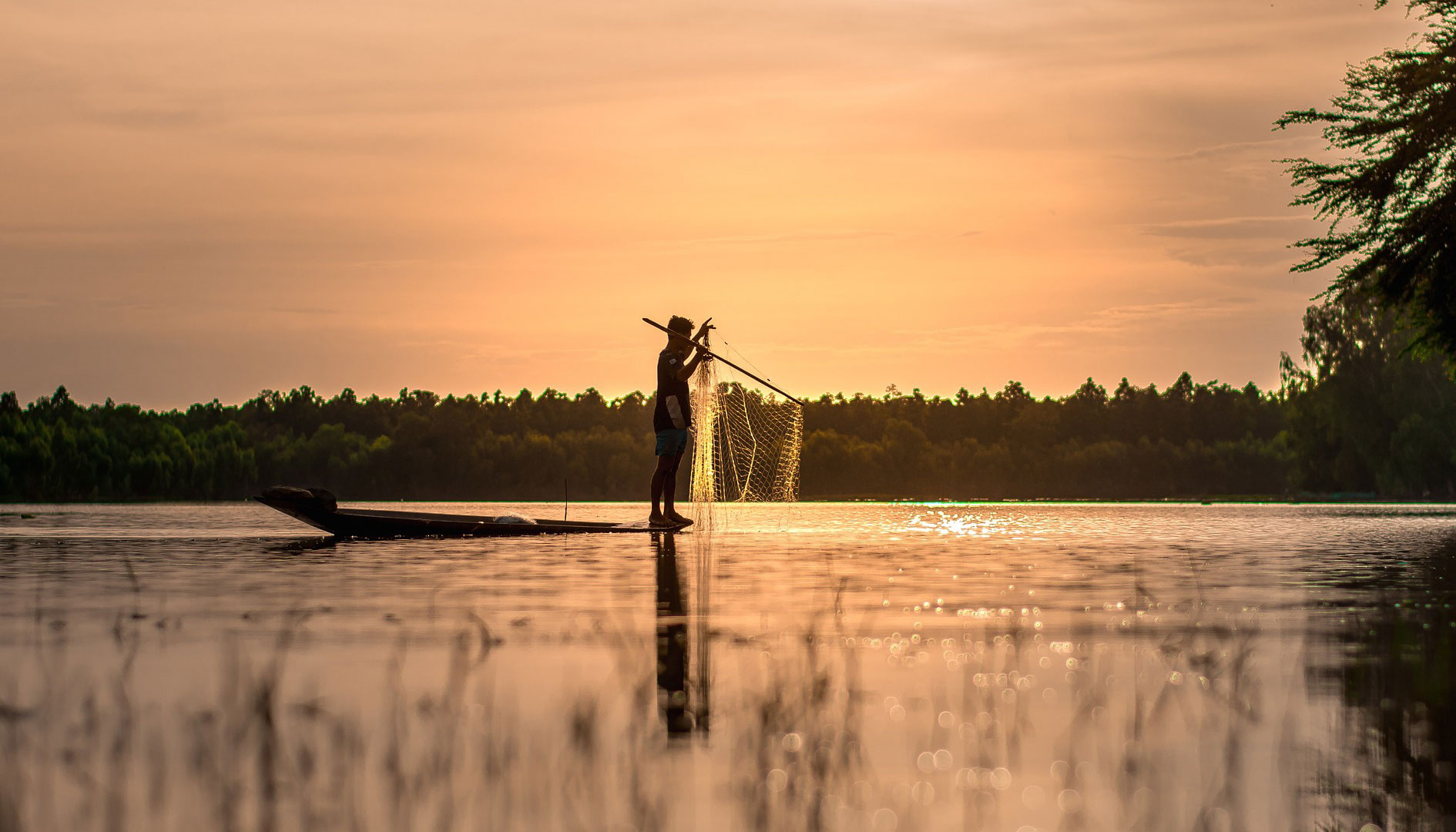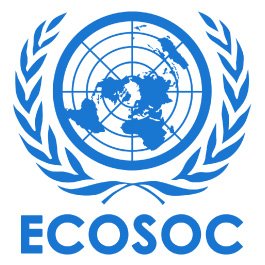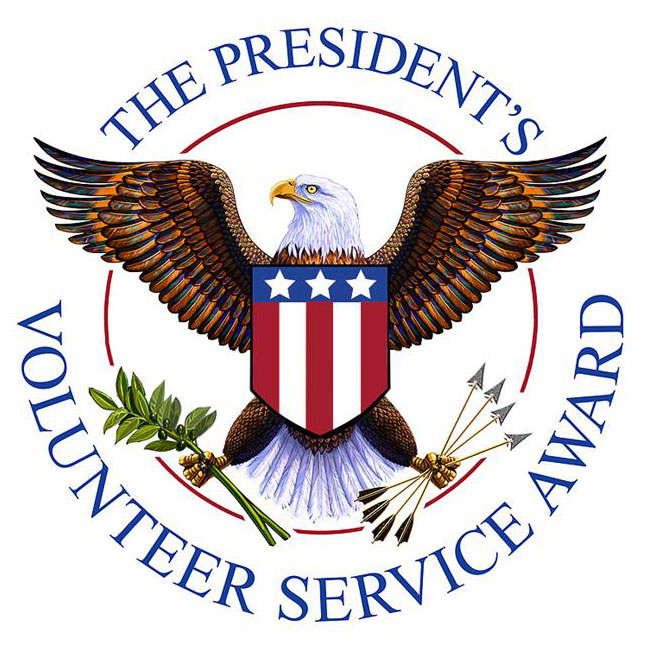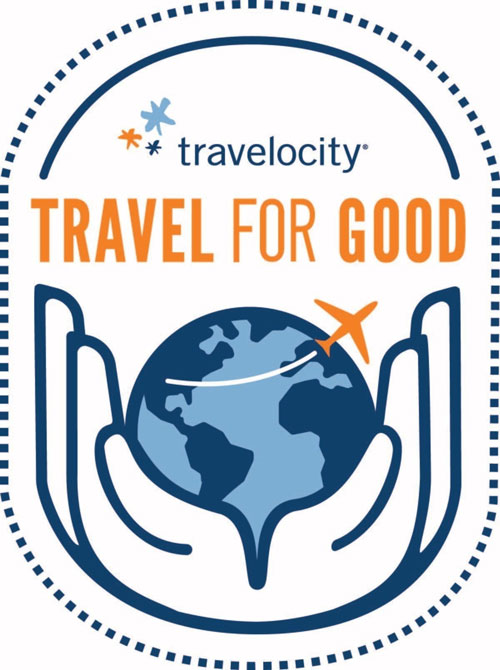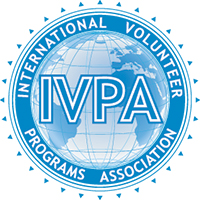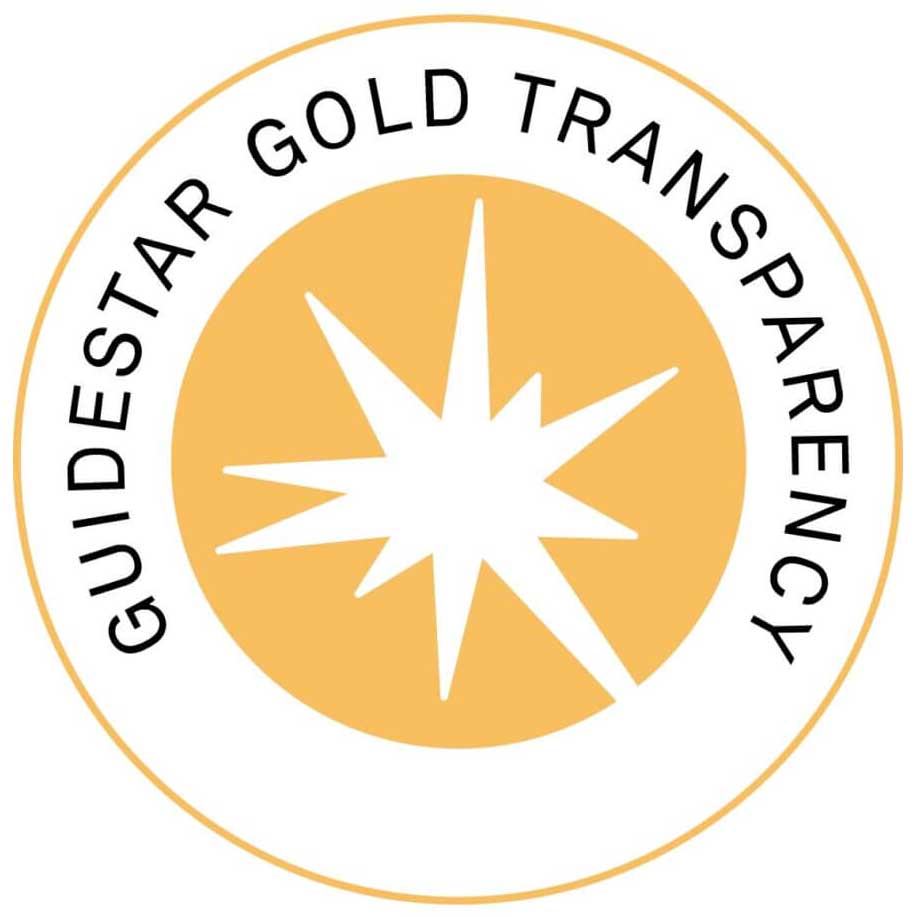
- Details
- Category: About
- Published:
Explore Globe Aware's Community Forum to learn more about why Globe Aware is a great resource to explore the world and take exciting, unique, life-changing volunteer vacations.
- Details
- Category: About
- Published:
Global Wings serves disadvantaged youths who would otherwise have difficulty experiencing our wider world. Recipients have the opportunity to engage in a Globe Aware Program and learn about International Affairs & Development over the course of their summer, culminating with direct exposure through one of Globe Aware's international programs. This program is made possible through the support of our sponsors and caring donors like you!
In a globalized world, adaptability and knowledge of life beyond our shores gained through study/work abroad can be valuable assets in getting jobs or entering a university. Yet too many disadvantaged young people may never have an opportunity to experience life beyond their neighborhood. They are left behind; doors are forever closed to them. Globe Aware is hoping to change this. YOU CAN HELP! Here's how
- Buy a raffle ticket. For a $7 donation you can win a round trip ticket to Costa Rica! Click here to donate.
- Become a raffle fellow and help by selling raffle tickets in your community.
- Join our Facebook page.
- Host your own dinner party or other event (previous donors have arranged marathons and concerts)
- For $1,500, you can sponsor a youth.
- For $500, you can sponsor a flight.
- For any amount, you can change the world a little at a time.
- Details
- Category: About
- Published:
Just want to talk to a human being? We understand!
Feel free to call us at Toll Free: 877-LUV-GLOBE (877-588-4562), or email us your number at info@globeaware.org and we'll have a volunteer coordinator call you!
- Details
- Category: About
- Published:
- Details
- Category: About
- Published:
Globe Aware trips are professionally planned and lead. You do not need special skills or the ability to speak a foreign language. Globe Aware employees lay the ground work prior to your arrival; accompany you during your volunteer vacation, and assist with transfers and departures.
- Globe Aware's volunteer vacations are appropriate for solo travelers, multigenerational family travel, corporate or custom groups.
- Immerse yourself in a new culture.
- Meet new people in remarkable, interesting countries.
- Experience a life-changing adventure. Help communities by working on meaningful projects. Click here for dates and costs.
- Details
- Category: About
- Published:
Insurance
Globe Aware's program fee covers mandatory medical insurance/evacuation insurance for international programs. Should you need to cancel your participation on short notice, Globe Aware suggests you purchase trip cancellation insurance, which most travel agents can help you with. It is important that you realize that Globe Aware cannot be responsible for the terms and conditions of the travel agency with whom you make your travel arrangements. Therefore, if the airline makes any changes or cancellations for any reason whatsoever, or if the airline imposes any related penalties, Globe Aware cannot be held responsible.
Risks
Any travel comes with certain risks, and travel with Globe Aware is no different. Of course all reasonable precautions will be made to prevent any dangers. If at any time a volunteer feels that he or she is not comfortable with any given activity, he or she may freely abstain.
Travel to different countries mean that conditions will vary - sometimes quite significantly - from those in the United States. These reasons are some of the primary reasons volunteers are drawn to Globe Aware adventures, but can also be the basis for possible risks. For example, the condition of roads, infrastructure (such as phone lines, water lines, etc) and hygiene conditions, are likely to differ from, and often be considered inferior to, those found in the volunteers' home. In addition, Globe Aware cannot be held responsible for forces of God, war, public transportation, level of medical service, availability of medical treatment and medical personnel, political stability, and the like.
The volunteers should also be aware that environmental conditions may provide certain challenges to some. For example, higher altitudes in some locales may mean volunteers with difficulty breathing may find it even more difficult in new climes. For those with sensitivity to dryness, certain climates may be uncomfortable.
Health
In some countries, it is a good idea to get vaccinations prior to your trip. The Center for Disease Control will give you up to date recommendations as well: see www.cdc.gov. These suggestions will be in your orientation packet, and volunteers are solely responsible for getting and paying for these. In addition, each volunteer needs to access his or her medical needs, and overall health prior to joining in a Globe Aware adventure.
I volunteer to participate in this program with Globe Aware. I understand that Globe Aware and its volunteers assume no liability for any personal harm or illness or for loss or damage of any property that may come to me while serving as a volunteer, and I, my heirs, and my personal representatives and assigns, hereby absolve Globe Aware, its staff, and volunteers and hold them harmless from any claim or demand that I, my heirs, my personal representatives or assigns might conceivably assert for any such harm, illness, loss or damage. I intend to be legally bound by this statement.
- Details
- Category: About
- Published:
Insurance
Globe Aware's program fee covers mandatory medical insurance/evacuation insurance for international programs. Should you need to cancel your participation on short notice, Globe Aware suggests you purchase trip cancellation insurance, which most travel agents can help you with. It is important that you realize that Globe Aware cannot be responsible for the terms and conditions of the travel agency with whom you make your travel arrangements. Therefore, if the airline makes any changes or cancellations for any reason whatsoever, or if the airline imposes any related penalties, Globe Aware cannot be held responsible.
Risks
Any travel comes with certain risks, and travel with Globe Aware is no different. Of course all reasonable precautions will be made to prevent any dangers. If at any time a volunteer feels that he or she is not comfortable with any given activity, he or she may freely abstain.
Travel to different countries mean that conditions will vary - sometimes quite significantly - from those in the United States. These reasons are some of the primary reasons volunteers are drawn to Globe Aware adventures, but can also be the basis for possible risks. For example, the condition of roads, infrastructure (such as phone lines, water lines, etc) and hygiene conditions, are likely to differ from, and often be considered inferior to, those found in the volunteers' home. In addition, Globe Aware cannot be held responsible for forces of God, war, public transportation, level of medical service, availability of medical treatment and medical personnel, political stability, and the like.
The volunteers should also be aware that environmental conditions may provide certain challenges to some. For example, higher altitudes in some locales may mean volunteers with difficulty breathing may find it even more difficult in new climes. For those with sensitivity to dryness, certain climates may be uncomfortable.
Health
In some countries, it is a good idea to get vaccinations prior to your trip. The Center for Disease Control will give you up to date recommendations as well: see www.cdc.gov. These suggestions will be in your orientation packet, and volunteers are solely responsible for getting and paying for these. In addition, each volunteer needs to access his or her medical needs, and overall health prior to joining in a Globe Aware adventure.
I volunteer to participate in this program with Globe Aware. I understand that Globe Aware and its volunteers assume no liability for any personal harm or illness or for loss or damage of any property that may come to me while serving as a volunteer, and I, my heirs, and my personal representatives and assigns, hereby absolve Globe Aware, its staff, and volunteers and hold them harmless from any claim or demand that I, my heirs, my personal representatives or assigns might conceivably assert for any such harm, illness, loss or damage. I intend to be legally bound by this statement.
- Details
- Category: About
- Published:
In addition to its fantastic volunteers, Globe Aware would not exist without the generous involvement of people and organizations such as those listed below. We appreciate your efforts and your contributions to a better world.
Some of our Super Volunteer Coordinators
Alfredo Coello
Alan Govenar
Amanda Popken
Andrea Themistos
Andres H. Planas Lavie
Anna Quintanilla
Anuradha Koirala
Armando Munoz Mendez
Arnaldo A. Gonzales Padron
Bertha Cobo
Bharat Thakur
Bill Sebastian
Bishwo Ram Khadka
Brenna Fitzgerald
Chad Woolery
Charlotte Haley
Christina Men
Clinton Halley
Crandall Morua
Cruz Rojas
Daisy Rojas
Daniel Moreinis
David Nichols
David Patrick
Daul Matute, Embassy of Peru
Don Mack
Dr. Joel Duran
Dr. Jose M. Collera Vento
Dr.Osvaldo Cuesta Santos
Duangjai Thittayarak
Eduardo H. Retes
Eric Boquuim
Sarah Shaw
Ezat Zarasvand
GAIA Foundation
Gallaudet University
Gregory Jackson
Helio E. Araujo
Ian Billick
Imelda Santos
Jamie Gallovich
Jaime Llanos
Janey Aldred
Javier Dominguez Mattinez
Jay Goldman
Jeanne Wheeler
John Cravens
John Marshall Haley
John Page
Jorge Uceda
Jose Ramon Perez
Katie Haley
Kelly Schref
Ken Coleman
Ken Dorman
Kyra Cruz Meyer
Lilia de Larios
Linda Falk
Lourdes Morales Arce
Mabeth Coleman
Marchell Marek
Margie Haley
Margot y Amalia Urrutia
Maritza Moleon
Maritza Sanchez Abillud
May Margaret Jackson
Mercedes Cabanas
Michael B. Mckinnon
Mickey Rosenblatt
Miriam Carpio
Myriam Diaz
Nichole Hope-Moore
Ngoc Trang
Norman A. Marquez
Peter Greenberg
Rajendra Bajgain
Raul Marrero Perez
Rebecca Williams
Rita Olga Martinez
Robin Hesse
Romano Sancho
Rudra Kumar Nepal
Bhanu Bhakta Dhakal
Sarah Shaw
Sean Martell
Shanon Sparks
Sherri and Will Sakson
Sor Ida Mercedes Giusti A.
Tacy King
Teresha George
Travis Burke
Quilts for Kids
WaterWorld
Braincreations
IAS PERU Asociacion "Instituto de Apoyo a la Salud en El Peru"
CODECE - Asociacion para Conservacion y Desarrollo de los Cerros de Escazu
Eco-Sur
Hogar Para Ninos Sordomudos
Medisend
Las Obras de Nuestra Madre de las Americas, Inc
Casa Ridgway
El Encanto de la Piedra Blanca
MVK Buddhist College, Wang Noi
Suan Kaew Foundation, Wat SuanKaew
Centro de Amigos para la Paz
Glob@l-it
ICAP - Cuban Institute of Friendship with the Peoples
Sustainable Dallas
Gurkha-trekking.com
Maiti Nepal
Nepal Earth Society
Tribhuvan Univeristy
The Red Cross
Volunteer Center of North Dallas
Concrete Pictures
www.infotriever.com
Rocky Mountain Biological Laboratory
www.collegianmag.com
Travelpaths - Travelpaths.com is an Irish owned and operated Travel agency based in Meath, Ireland.
www.meaningfultravel.org
Leisure Travel
www.petergreenberg.com
Harvard School of Public Health
The Give-Back Solution
Thanks to ExxonMobil Community Summer Jobs Program for sponsoring our intern Shanon in creating the documentary video on Peruvian Sign Language.
- Details
- Category: About
- Published:
Coping with jet lag
If you've ever done any long distance travel, you've probably experienced jet lag and the host of symptoms that accompanies it - dehydration, nausea, swollen feet, fatigue, headaches, dry eyes and disrupted sleep patterns, among others.Jet lag occurs when your body's internal clock - known as the circadian clock - is out of sync with your surroundings. Crossing time zones is the main cause of jet lag, although a number of factors, including cabin pressure, stale air and high altitude also contribute to this unpleasant travel-related condition. International travelers who pass through more than one time zone are especially susceptible to jet lag. Studies show that more than 90 per cent of long distance travelers experience some jet lag symptoms.On long trips, however, travelers should try to adjust to their new time zones as quickly as possible. Although each traveler you talk to may have a personal remedy for treating jet lag, there's no quick cure. Before you try an unproven method to ward off pesky symptoms, consider some of the ways you can prevent it from ruining your next business trip. Remember that you want to adjust to the local time as soon as possible. Therefore if you arrive at 2pm in your destination, and take a nap, you are likely to sleep for several hours and thereby put-off your adjustment to the new time zone. Try as HARD as you can to stay awake until your normal bedtime on the 1st few days. Another common effect of jet lag is that the traveler will wake at 3am and find it extremely difficult to get back to sleep. Explore options for sleep aids with your doctor prior to your trip. Drink water. Prevent dehydration by drinking at least two eight-ounce glasses of water before you get on the plane. And don't forget your H2O once you are in the air. Slip a plastic bottle of water in the seat pocket so you can to drink whenever you're thirsty. And skip the peanuts, pretzels and other salty snacks that can speed up dehydration.Pack sleeping aids. Bring earplugs, eyeshades, a pillow or whatever makes you comfortable, especially on a red-eye flight. Some travelers take melatonin supplements and anti-jet-lag pills, but you may wish to consult with a physician about this. Those who manufacture melatonin recommend that the best way to use it is SEVERAL DAYS*PRIOR* to departure, taking it 1 hour before bed time in the time zone of your destination city {for example if you were going from the east coast to Europe and there was a 7 hour difference, one might take 1.2 mg at 3pm EST for 2 days before departure date}.Sleep. If you will be arriving in the daytime after a multiple hour flight, then sleep is a good idea, so that you are no tempted to take a nap upon arrival. If you're on a night flight, sleep is essential. Take a 30- to 60-minute nap during a morning or afternoon flight to help ward off fatigue. Choose a window seat, and bring a neck pillow if you want to increase your chances of getting uninterrupted rest from nearby travelers needing to cross over you en route to the lavatory.Wear comfortable clothes. To combat the body-swelling effects of low cabin pressure, wear loose-fitting clothing that will keep you comfortable and warm, and will allow you to move around easily. Even if you're running from the airport straight to a meeting, avoid wearing suits, pantyhose or anything that's tight and uncomfortable.Kick off your shoes. Feet tend to swell on long trips, but you can alleviate some pressure by taking off your shoes. Some airlines even distribute slipper-socks.
Avoid alcohol. A drink or two might help you relax on the flight, but it will also aggravate jet lag. Alcohol's effects are two to three times greater when you're in the air, and it dehydrates your body - one of the jet-lag symptoms you want to prevent.
Get up and stretch. When you can, stand up, walk down the aisle and stretch your legs, neck and back. If you have a layover or are changing planes, walk around the airport as much as possible. The exercise will help increase your circulation and prevent your legs and feet from swelling.
- Details
- Category: About
- Published:
How to Prepare
"Travel is fatal to prejudice, bigotry, and narrow-mindedness . . .
Broad, wholesome, charitable views of men and things cannot be
acquired by vegetating in one little corner of the earth all one's lifetime."
Mark Twain
- Travel tips and meet up time.
- Keep an open mind.
- Apply for your passport EARLY
- Travel tips for families
- Research
